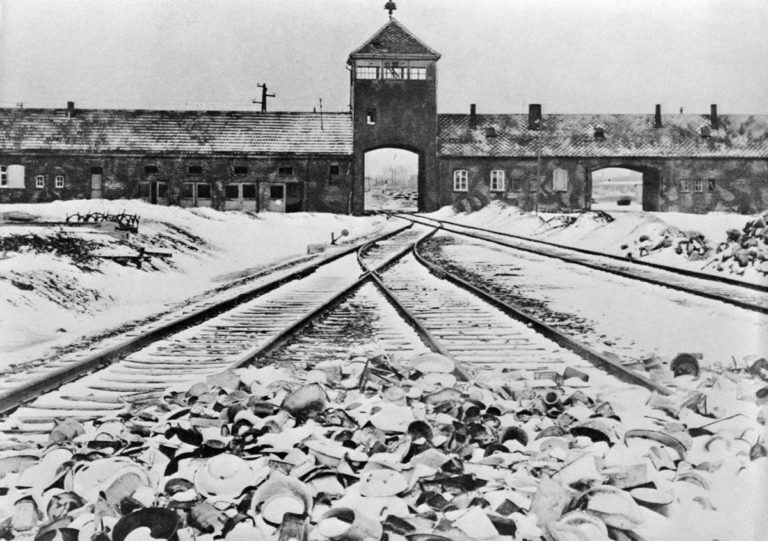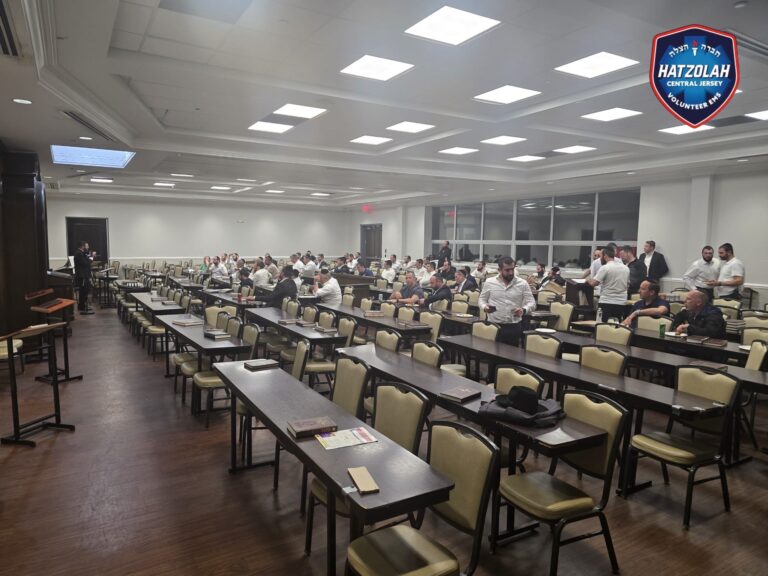 Under a fresh cloud of overseas violence, Donald Trump and Hillary Clinton added to their delegate troves on Tuesday with victories in Arizona as the 2016 presidential contest turned into a clash of would-be commanders in chief.
Under a fresh cloud of overseas violence, Donald Trump and Hillary Clinton added to their delegate troves on Tuesday with victories in Arizona as the 2016 presidential contest turned into a clash of would-be commanders in chief.
Long lines and high interest marked primary elections across Arizona, Utah and Idaho that were largely an afterthought for much of the day as the world grappled with a new wave of bloody attacks in Europe. The Islamic State group claimed responsibility for a series of blasts in Brussels that left dozens dead and many more wounded.
Yet there was a frenzy of activity in Utah as voters lined up to caucus and the state Democratic Party’s website crashed due to high traffic. In Arizona, voters waited two hours to cast primary ballots in some cases, while police were called to help with traffic control and at least one polling place ran out of ballots.
Trump and Clinton both enjoyed overwhelming delegate leads heading into Tuesday’s contests.
Trump’s Arizona victory gives him the all of the state’s 58 delegates, a setback for his underdog challengers. On the Democratic side, Arizona’s delegates are awarded proportionally.
Arizona and Utah featured elections for both parties on Tuesday, while Idaho Democrats also held presidential caucuses.
Democrat Bernie Sanders and Republicans Ted Cruz and John Kasich hoped to reverse the sense of inevitability taking hold around both party front-runners. Anti-Trump Republicans are running out of time to prevent him from securing the 1,237 delegates needed to claim the nomination.
As voters flooded to the polls, the presidential candidates lashed out at each other’s foreign policy prescriptions, showcasing sharp contrasts in confronting the threat of Islamic extremism.
Trump, the Republican front-runner, charged that the United States has “no choice” but to adopt his proposed temporary ban on Muslims entering the country to prevent the spread of terrorism. He described as “eggheads” those who respect international law’s ban on torture, the use of which he argued would have prevented the day’s attacks.
“We can be nice about it, and we can be politically correct about it, but we’re being fools,” Trump said in an interview on CNN. “We’re going to have to be very strong, or we’re not going to have a country left.”
Clinton and Trump’s Republican rivals, meanwhile, questioned the GOP front-runner’s temperament and readiness to serve as commander in chief, and condemned his calls to diminish U.S. involvement with NATO.
“I see the challenge ahead as one where we’re bringing the world together, where we’re leading the world against these terrorist networks,” Clinton said Tuesday at a union hall in Everett, Washington. “Some of my opponents want to build walls and shut the world off. Well, you tell me, how high does the wall have to be to keep the Internet out?”
Cruz seized on Trump’s foreign policy inexperience while declaring that the U.S. is at war with the Islamic State group.
“He doesn’t have the minimal knowledge one would expect from a staffer at the State Department, much less from the commander in chief,” he told reporters. “The stakes are too high for learning on the job.”
The debate between the two took a detour late Tuesday night as they engaged in an unusual Twitter exchange about their wives.
The billionaire warned Cruz he would “spill the beans on your wife” after an anti-Trump outside group ran an ad in Utah featuring Trump’s wife, Melania, in a photo shoot that ran in GQ magazine more than a decade ago.
Cruz shot back with a tweet of his own, saying in part, “Donald, if you try to attack Heidi, you’re more of a coward than I thought.”
Trump’s brash tone has turned off some Republican voters in Utah, where preference polls suggest Cruz has a chance to claim more than 50 percent of the caucus vote — and with it, all 40 of Utah’s delegates. Trump could earn some delegates should Cruz fail to exceed 50 percent, in which case the delegates would be awarded based on each candidate’s vote total.
Trump supporter Easton Brady, 19, of Provo, Utah, cheered the billionaire’s brash style, even as he acknowledged Trump doesn’t play as well in Utah as other parts of the country.
“I think Trump says a lot of dumb things, but he’s human,” Brady said. “I don’t care.”
On the Democratic side, Clinton’s delegate advantage is even greater than Trump’s.
The former secretary of state is coming off last week’s five-state sweep of Sanders, who remains popular among his party’s most liberal voters but needs to improve his performance if he expects to stay relevant. The Vermont senator, now trailing Clinton by more than 300 pledged delegates, has targeted Tuesday’s races as the start of a comeback tour.
(AP)










